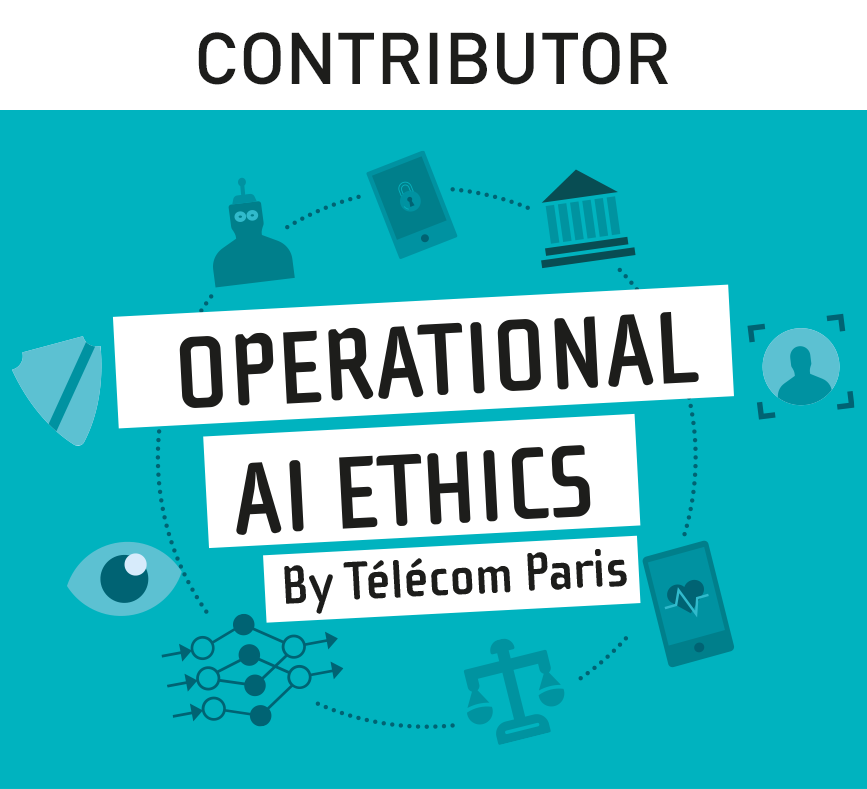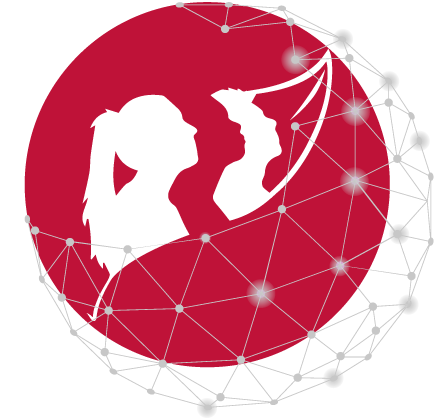 The access to very large databases, combined with ever-increasing computation speed, has paved the way for the development of new artificial intelligence (AI) tools, which have sparked a revolution in industry and services. Machine learning, boosted by the Internet of Things, is at the heart of AI and can now be applied to practically all industrial processes, including the design of a product, how it is used and associated services.
The access to very large databases, combined with ever-increasing computation speed, has paved the way for the development of new artificial intelligence (AI) tools, which have sparked a revolution in industry and services. Machine learning, boosted by the Internet of Things, is at the heart of AI and can now be applied to practically all industrial processes, including the design of a product, how it is used and associated services.
New expectations are coming into play, with the first age of big data analytics already over. Télécom Paris, supported by the Fondation Mines-Télécom, has launched its new teaching and research chair: Data Science & Artificial Intelligence for Digitalized Industry & Services (DSAIDIS). In doing so, it has brought together five major groups: Airbus Defence & Space, ENGIE, IDEMIA, Safran and Valeo.
Artificial intelligence systems must be able to justify decisions, demonstrate robust protection against attacks and errors, preserve a trace of the learning process and ensure that decisions can be interpreted. This applies whether they are intended for decision-making in critical areas (defense, healthcare, transport, etc.) or simply meant to ensure that a new technology can be trusted before it is adopted.
In addition, when AI systems are embedded in a mobile environment, they need to communicate with that environment, to be aware of their own weaknesses and continue to improve with relevant interactions. These are fascinating challenges for the Télécom Paris research teams to address; finding solutions for them is instrumental in the sustained used of data science and AI tools.
Four research themes
- Theme 1: Developing predictive analytics on time series and data streams
- Theme 2: Exploiting Large Scale, Heterogeneous, Partially Labeled Data
- Theme 3: Machine learning for trusted and robust decision
- Theme 4: Learning through interactions with environment
Five objectives
- Sharing and building on industry and academic projects,
- Generating new innovations,
- Providing long-term funding for research in artificial intelligence and data science, on methodology topics that are crucial to applications,
- Preparing bilateral and multilateral cooperation agreements that may arise,
- Offering training programs that address the socio-economic challenges of the field.



